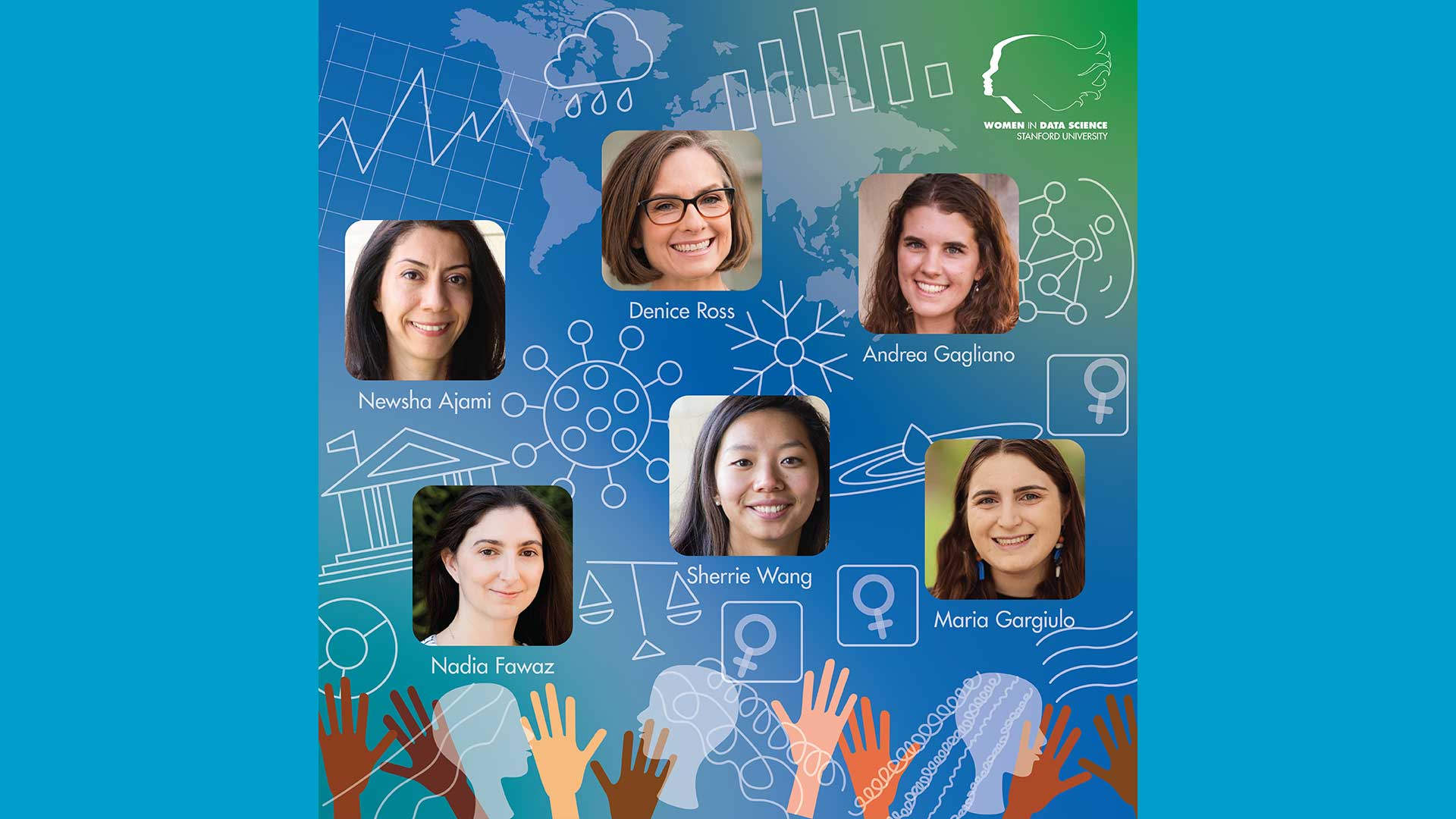Purposeful work in data science is often called “Data Science for Good”, a phrase often used to describe data science for non-profit organizations. While there is a lot of purposeful work being done in the nonprofit sector, there are many ways that data science can impact positive change beyond nonprofits, sometimes in novel and surprising ways. Women in the field are doing some amazing data science for good, from advancing human rights to addressing food and water scarcity, and providing more equitable solutions in government programs and more representative imagery.
One example is Maria Gargiulo from the Human Rights Data Analysis Group (HRDAG), which works with partner organizations to provide statistical analysis, publications, and expert testimony to establish an accurate record of human rights abuses. During the WiDS Worldwide conference earlier this year, Maria describes the problem of missing and incomplete data documenting human rights abuses, and how she solves for those problems using imputation and multiple systems estimation (MSE). As Maria says, “Our goal as statisticians is to estimate the total size of the victim population, including those victims who were never documented and then use those estimates as the basis for our study of patterns of violence.”
Denice Ross, US Chief Data Scientist, talked about how, “…essential data science is for an equitable recovery from the pandemic and economic crisis, as well as resilience to future shocks and stressors like climate change”. Ross describes how, with the recently funded infrastructure law, there are several initiatives that will require insights derived from data, and that data will need to be more robust, and representative of state, local, tribal, and territorial data. Talent and resources to design local projects in cooperation with community stakeholders is also needed, which led Ross to ask the audience to consider joining the federal government as a way to serve their country.
Dr. Newsha Ajami, Chief Development Officer for the Earth and Environmental Sciences group at Lawrence Berkeley Lab, delivered a talk at the WiDS conference in 2020 where she spoke about Building Water Security from the Bottom Up by Leveraging Big Data. She explains how water security is one of the 21st century’s greatest challenges and access to safe and reliable water is being threatened by climate change, environmental degradation, population growth, and aging infrastructure. Dr. Ajami shares a portfolio of innovative water management tools that harness new data sources to assess both evolving water demand trends and modern supply regimes to achieve water security. She was also featured in the WiDS podcast episode, Improving Urban Water Systems Through Data Science, Public Policy and Engineering.
In another podcast episode, Dr. Sherrie Wang discussed Applying Machine Learning to Solve Global Food Security Challenges. Dr. Wang’s PhD research involved using satellite imagery and machine learning to identify and map crops around the world, see where people are most vulnerable, in the hopes of identifying interventions and policies that will have the most impact.
Many data scientists in industry are finding ways to make a difference for social good. Andrea Gagliano, Head of Artificial Intelligence and Machine Learning at Getty Images, asks how we can increase representation of women in the field, making their presence the norm instead of the exception. She talks about how she and her team updated the search algorithm for Getty Images, increasing the representation of ethnicities, so that more underrepresented people are now appearing on page one of search results.
Dr. Nadia Fawaz, Applied Research Scientist and Technical Lead for Inclusive AI at Pinterest, described how she and her team developed the skin tone ranges and hair pattern search, enabling pinners to narrow down their search results for beauty to match their own features. Dr. Fawaz said that, “…the top request we hear from pinners is that they want to feel represented in the product.” The Pinterest team built their own system, collecting a large and diverse data set for skin tone ranges and hair patterns, and employed several bias mitigation techniques.
Data science for good, when interpreted more broadly, provides countless opportunities for purposeful work. Whether you’re in industry, academia, government, or nonprofits, data science can be applied to affect positive societal change.


